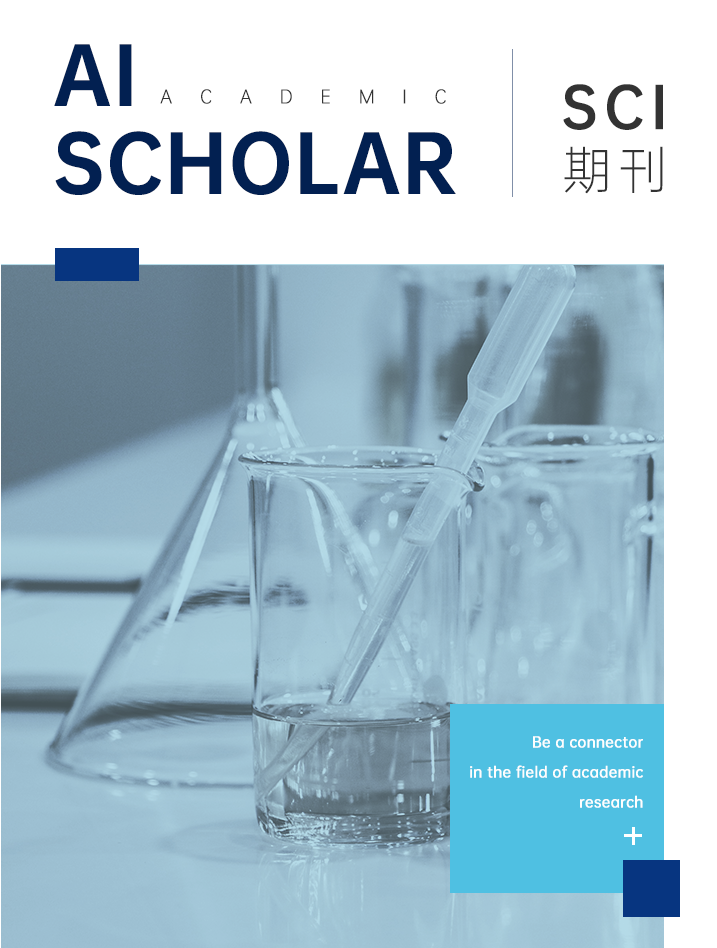
Journal of the Knowledge Economy
期刊ISSN:
1868-7865
E-ISSN:
1868-7873
影响因子:
登录后查看数据
自引率:
14.4%
SCI期刊JCR分区
SCI期刊JCR分区等级:3区
按学科分区
ECONOMICS
Q3
最新中科院SCI期刊分区(基础版)
Top期刊
否
综述期刊
否
最新中科院SCI期刊分区(升级版)
大类学科
经济学
4区
小类学科
经济学
4区
Top期刊
否
综述期刊
否
期刊简介
In the context of rapid globalization and technological capacity, the world’s economies today are driven increasingly by knowledge—the expertise, skills, experience, education, understanding, awareness, perception, and other qualities required to communicate, interpret, and analyze information. New wealth is created by the application of knowledge to improve productivity—and to create new products, services, systems, and process (i.e., to innovate). The Journal of the Knowledge Economy focuses on the dynamics of the knowledge-based economy, with an emphasis on the role of knowledge creation, diffusion, and application across three economic levels: (1) the systemic 'meta' or 'macro'-level, (2) the organizational 'meso'-level, and (3) the individual 'micro'-level. The journal incorporates insights from the fields of economics, management, law, sociology, anthropology, psychology, and political science to shed new light on the evolving role of knowledge, with a particular emphasis on how innovation can be leveraged to provide solutions to complex problems and issues, including global crises in environmental sustainability, education, and economic development. Articles emphasize empirical studies, underscoring a comparative approach, and, to a lesser extent, case studies and theoretical articles. The journal balances practice/application and theory/concepts.
出版信息
出版商
Springer Nature
涉及的研究方向
ECONOMICS-
刊期
4 issues per year
年文章数
170
是否OA
否
SCI期刊收录Coverage
Cite Score相关
| Cite Score | SJR | SNIP | 排名 |
|---|---|---|---|
| 3.9 | 0.429 | 0.948 |
学科
大类学科:Economics, Econometrics and Finance
小类学科:Economics and Econometrics
分区
Q1
|
SCI期刊投稿推荐
JCR分区相关期刊

· IEEE TRANSACTIONS ON POWER DELIVERY
 立即投稿
立即投稿
· Telecommunications Policy
 立即投稿
立即投稿
· Macromolecular Symposia
 立即投稿
立即投稿
· 电子设计工程
 立即投稿
立即投稿
· Physical Communication
 立即投稿
立即投稿
· International Journal of Communication Systems
 立即投稿
立即投稿
· IEEE Transactions on Vehicular Technology
 立即投稿
立即投稿
· Contemporary Mathematics
 立即投稿
立即投稿
· Visceral Medicine
· Marine Biology Research
· PHYSICS AND CHEMISTRY OF MINERALS
· Environmental Research Communications
· Landbauforschung-Journal of Sustainable and Organic Agricultural Systems
· INFANT BEHAVIOR & DEVELOPMENT
· International Journal of Health Economics and Management
· Willdenowia
· Animal Production Science
· VISION RESEARCH

去登录

